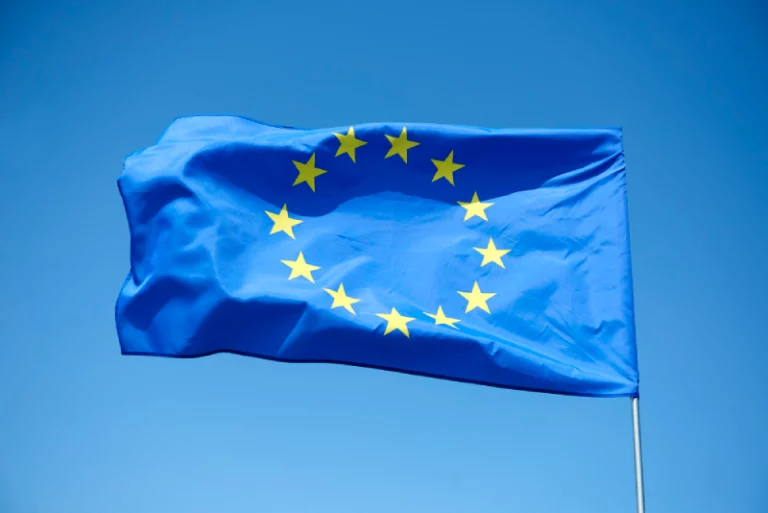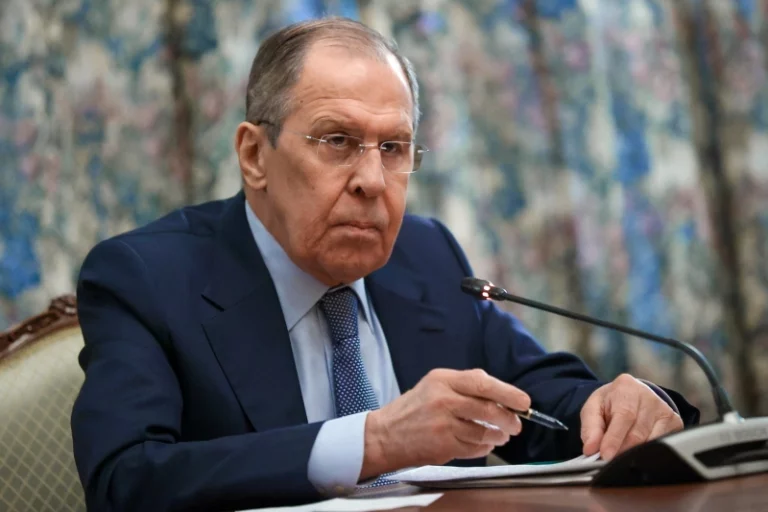In today’s interconnected world, businesses are increasingly operating on a global scale, necessitating collaboration among teams with diverse cultural backgrounds. While diversity can be a powerful asset, it also presents challenges in terms of effective communication, cooperation, and mutual understanding. In this article, we will explore strategies and best practices for the global workforce to foster collaboration across diverse cultures, creating a harmonious and productive working environment.
Cultivate cultural awareness
The first step toward fostering collaboration across diverse cultures is to cultivate cultural awareness. This involves gaining an understanding of different cultural norms, values, and communication styles. Encourage employees to educate themselves about the cultures they will be working with to minimize misunderstandings.
Promote inclusivity
Inclusivity is the cornerstone of a collaborative global workforce. Ensure that all employees, regardless of their cultural background, feel valued and included in decision-making processes. Recognize and celebrate cultural diversity as an asset that enriches the workplace.
Effective communication
Effective communication is the linchpin of collaboration. Encourage open and transparent communication within teams. Encourage employees to ask questions when they are uncertain about cultural nuances, and provide training in cross-cultural communication to enhance understanding.
Set clear expectations
Set clear expectations for teamwork, roles, and responsibilities within cross-cultural teams. This clarity can prevent misunderstandings and conflicts arising from differing cultural expectations.
Build trust
Trust is a fundamental component of any successful collaboration. Building trust among team members from diverse cultures may take time, but it’s essential. Encourage team-building activities, both in-person and virtually, to build rapport and trust among team members.
Adaptability and flexibility
Global teams often need to adapt to different time zones, work schedules, and cultural practices. Foster flexibility by allowing team members to work in ways that suit their cultural preferences whenever possible. This promotes a balanced work-life dynamic and enhances collaboration.
Cross-cultural training
Consider offering cross-cultural training programs for employees. These programs can provide valuable insights into the cultures they will be working with and help mitigate cultural misunderstandings.
Encourage feedback and problem-solving
Create a culture where feedback is welcomed and problems are viewed as opportunities for improvement. Encourage team members to share their experiences and challenges related to cross-cultural collaboration and work together to find solutions.
Leadership support
Leaders play a crucial role in fostering cross-cultural collaboration. Equip leaders with the skills and knowledge necessary to lead diverse teams effectively. Ensure that they model inclusive behavior and set a positive example for their teams.
Celebrate diversity
Organize cultural events and celebrations within the workplace to showcase and celebrate the diversity of your global team. These events can foster a sense of belonging and unity among employees.
Language skills development
If your global workforce operates in multiple languages, invest in language skills development programs to bridge communication gaps. Proficiency in common languages can greatly enhance collaboration.
Monitor progress and adjust
Regularly assess the effectiveness of your efforts to foster cross-cultural collaboration. Use feedback, metrics, and performance indicators to monitor progress and make necessary adjustments to your strategies.
Fostering collaboration across diverse cultures within a global workforce is both a challenge and an opportunity. By embracing cultural awareness, promoting inclusivity, and focusing on effective communication, businesses can harness the power of diversity to drive innovation and success.
As the world becomes increasingly interconnected, organizations that prioritize and invest in building bridges across cultures are better positioned to thrive in the global marketplace, creating a more inclusive and harmonious working environment for all.



















